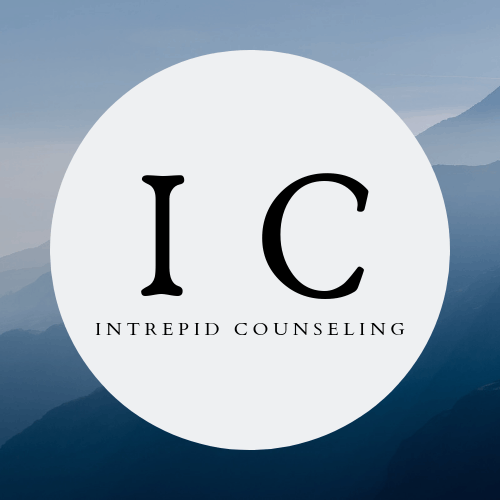TCKs and ACEs

Adverse Childhood Experiences (ACEs) are tough situations that can happen early in our kids’ lives, like abuse, neglect, or family challenges. Researchers discovered that these experiences can increase the chances of our kids facing physical and mental health issues as they grow up. The original ACEs study involved over 17,000 people in California, connecting the dots between tough early life experiences and later health problems. It found that the more ACEs our kids have, the higher the risk of issues like chronic diseases and mental health struggles in adulthood. Even Third Culture Kids (TCKs), who have unique global upbringings, aren’t exempt. Understanding what TCKs go through is crucial for grasping why they might be struggling now, physically or mentally.
Check out the ACEs list: It covers a lot of possibilities, and if it were made in another country, there might be additional ACEs categories. The Child and Adolescent Trauma Screen is more focused on traumatic experiences, including things that TCKs might go through but aren’t explicitly mentioned on the ACEs list, like the impact of war or losing someone close suddenly or violently.
Moving around the world can be a challenging journey, and it’s not just external events causing pain. Many of the adverse experiences TCKs report happen within the family, and this isn’t exclusive to those who move. In 2021, a study by TCK Training revealed that Adult TCKs reported high levels of emotional abuse, emotional neglect, and household mental illness. This means it’s not just headline-grabbing events that can cause TCKs to struggle; family issues play a significant role too.
Family therapy for TCKs and their parents can help address pain from both within and outside the family. The ACEs study’s confirmation of the link between early emotional pain and later health problems highlights the need for intervention. If your TCK has been through tough experiences, talking about it—even if they seem okay now—can make a difference. Research shows that counseling can help unpack and address these adverse childhood experiences and prevent future problems. Working with a TCK counseling specialist, knowing that the mobile, cross-cultural aspect of your family’s experience is part of the conversation can be especially beneficial.
Want to talk about your experience as a TCK or get support for your family? Reach out here.
Sources:
ACES List from ACESAware.org
Child and Adolescent Trauma Screen from International Society for Traumatic Stress Studies
Photo by John Thomas on Unsplash
